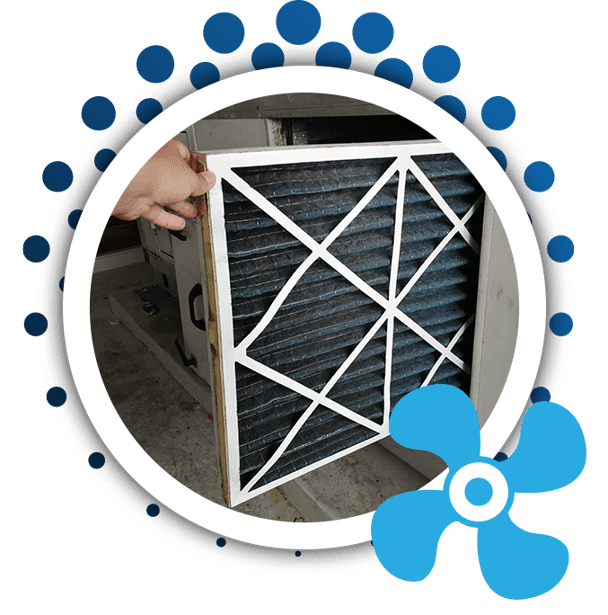In the arena of HVAC systems, a prevailing inquiry is whether repair or replacement of an air conditioner is more cost-effective. This study aims to dissect the financial implications associated with both strategies, focusing on long-term and immediate expenses. Through detailed analysis and technical comparisons, clarity will be provided for individuals grappling with this common dilemma in their pursuit of optimal home climate control and economic efficiency.
Evaluating the Cost of Air Conditioner Repairs
A thorough examination of the cost of air conditioner repairs necessitates a comprehensive analysis of factors such as the age and efficiency of the unit, frequency of previous repairs, and comparison with replacement costs. A primary consideration should be repair longevity; older units often require more frequent maintenance, thereby increasing ongoing expenses.
Furthermore, HVAC systems operate at varying levels of efficiency. Older models may consume significantly more energy than their newer counterparts, leading to higher operational costs that must be accounted for in a cost effectiveness analysis. The frequency of previous repairs also plays a pivotal role in these evaluations; recurrent faults could indicate underlying issues that might warrant complete unit replacement rather than individual fixes.
Lastly, it is crucial to juxtapose repair costs against the price of installing a new system. While immediate outlay on a new model may seem steep compared to individual repair bills, long-term savings due to increased efficiency and reduced maintenance needs could ultimately render this option more economical.
Understanding the Expense of Air Conditioner Replacement
Determining the financial implications of a cooling system overhaul requires an understanding of several factors including initial outlay, ongoing maintenance costs, and potential energy savings.
- Initial Outlay: Often, the most substantial cost is the upfront payment for a new HVAC unit. However, various replacement financing options can mitigate this expense by spreading payments over time.
- Ongoing Maintenance Costs: While newer systems typically require less frequent repairs than older ones, they still necessitate regular servicing to ensure optimal performance and longevity.
- Energy Savings: Modern HVAC units generally operate more efficiently than their predecessors, leading to considerable savings on energy bills over time.
- Warranty Implications: Many new systems come with warranties that cover certain repair costs – a factor that can significantly offset long-term maintenance expenses.
In-depth cost-analysis comparisons between repairing an existing air conditioner and replacing it with a new one are crucial for informed decision-making processes in such scenarios.
The desire to belong often leads individuals to seek community consensus or expert advice before making significant purchases or changes. Therefore, sharing experiences or insights regarding air conditioner replacement could provide invaluable support to others facing similar decisions.
Comparative Analysis: Repair Vs. Replacement Costs
Thorough investigation into the financial aspects of both maintaining an existing cooling system and procuring a new one is necessary for cost-effective decision making. A detailed breakdown includes the initial investment, operational costs, and any ancillary expenses such as warranty implications or potential energy efficiency gains.
HVAC systems are complex, with numerous components that can fail over time. The cost to repair individual parts varies widely depending on labor rates and part availability. Conversely, while replacement incurs higher upfront costs, it brings opportunities for increased energy efficiency and lower operating costs over time.
Warranty implications must also be considered in this comparative analysis. Extended warranties can offset high repair costs but may not offer comprehensive coverage for all potential faults. Replacement units typically come with manufacturer warranties providing peace of mind against unexpected breakdowns.
Evaluations of energy efficiency between older models with newer replacements highlight another significant factor in the equation. High-efficiency HVAC units consume less power than their older counterparts which results in substantial savings on utility bills over time.
Thus, a holistic approach blending these dimensions - upfront costs versus long-term savings from energy efficiencies and warranty considerations - is instrumental in making informed decisions about whether to repair or replace air conditioning units.

